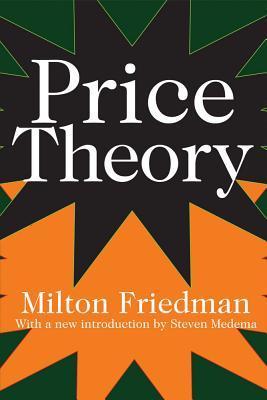
Author

Milton Friedman was an American Nobel Laureate economist and public intellectual. He made major contributions to the fields of economics and statistics. In 1976, he was awarded the Nobel Prize in Economics for his achievements in the fields of consumption analysis, monetary history and theory, and for his demonstration of the complexity of stabilization policy. He was an advocate of economic freedom. According to The Economist, Friedman "was the most influential economist of the second half of the 20th century...possibly of all of it". Former Federal Reserve Board chairman Alan Greenspan stated, "There are very few people over the generations who have ideas that are sufficiently original to materially alter the direction of civilization. Milton is one of those very few people." Source: Wikipedia